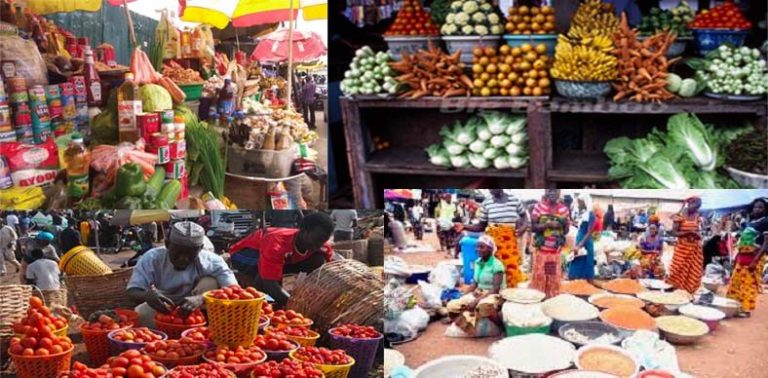The recent Cadre Harmonisé report indicates that 26 Nigerian states, alongside the Federal Capital Territory (FCT), are anticipated to experience severe food shortages from June to August 2025. This crisis is projected to impact over 33 million people across the country. The analysis, carried out with input from agencies including the UN’s FAO, the World Food Programme, and Nigeria’s Federal Ministry of Agriculture, attributes the food insecurity to factors such as high food prices, climate disruptions like floods, and ongoing security challenges. This includes significant issues in both food availability and accessibility, especially in areas with high numbers of displaced persons, such as Borno, Sokoto, and Zamfara.
FAO Country Representative Kouacou Koffy has called for a coordinated, multi-stakeholder approach to address these food and nutrition security challenges. The Nigerian government, alongside its international partners, aims to leverage these findings to implement targeted food security programs across the affected regions【25†source】【26†source】.
